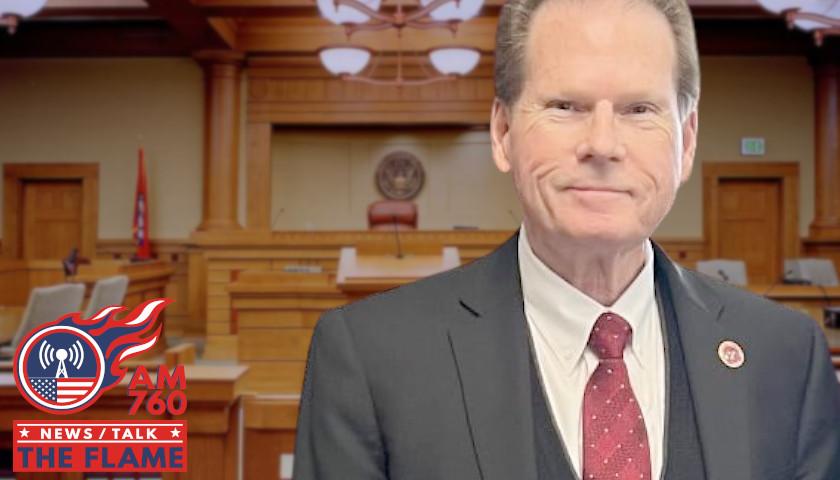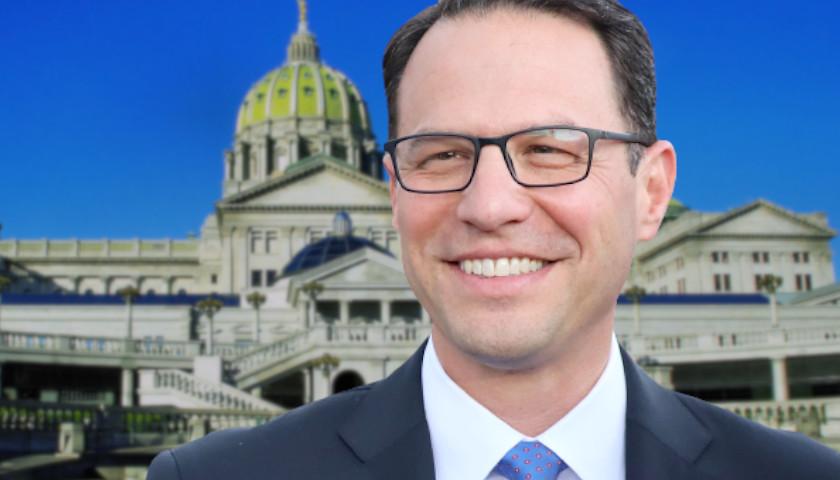by Christen Smith
The Pennsylvania Treasury switched investment strategies this week to grow the state’s emergency savings account.
The change of course comes after three years of hefty deposits from the General Assemby in what’s known as the Rainy Day Fund – a $6.1 billion account meant to sustain operations during economic downturns. Since 2021, the balance has increased 25-fold, taking the state’s ability to fund the government from two days to 48 days.
Treasurer Stacy Garrity (pictured above) said Monday that moving the fund into a new investment pool will bring in better returns, growing the account balance without increasing state spending.
“Creating this standalone investment pool allows us to build an even stronger financial foundation for our commonwealth,” she said.
The new pool comes with a three-year maturity rate, Treasury spokesman Erik Arneson said, which is the main driver behind larger returns. The department’s projections indicate this money won’t be needed for the next few years.
Before the switch, the Rainy Day Fund and the annual budget were combined into the same investment pool – the latter of which was tapped into many times throughout the year.
The new pool, called Treasury’s Consolidated Cash Pool, will invest into U.S. Treasury and federal agency securities, investment-grade corporate bonds and other fixed-income securities.
House Appropriations Chairman Seth Grove, R-York, applauded the move as another example of the treasurer’s policies to grow one of the state’s “most crucial” financial tools.
“One of the most reliable sources of revenue for the General Fund recently is Treasury investment returns, in no small part due to Treasurer Garrity’s leadership,” he said.
The news follows a slew of positive credit ratings for Pennsylvania from Moody’s and S&P Global, as well as an upgrade from Fitch announced Monday.
Senate Appropriations Chairman Scott Martin, R-Strasburg, said it is the first time since 2014 the state has held a AA credit rating, serving as a “clear indication that Pennsylvania is on the right track in terms of how we are managing taxpayer dollars.”
“We have a clear roadmap on how to address the economic and demographic challenges we face in the years ahead,” he said. “The key is having the courage to follow it by resisting calls for new programs and services that taxpayers cannot afford a few years from now.”
– – –
Christen is Pennsylvania editor for The Center Square newswire service and co-host of Pennsylvania in Focus, a weekly podcast on America’s Talking Network. Find her work in The Pittsburgh Post-Gazette, Broad + Liberty, RealClear, the Washington Examiner and elsewhere.







